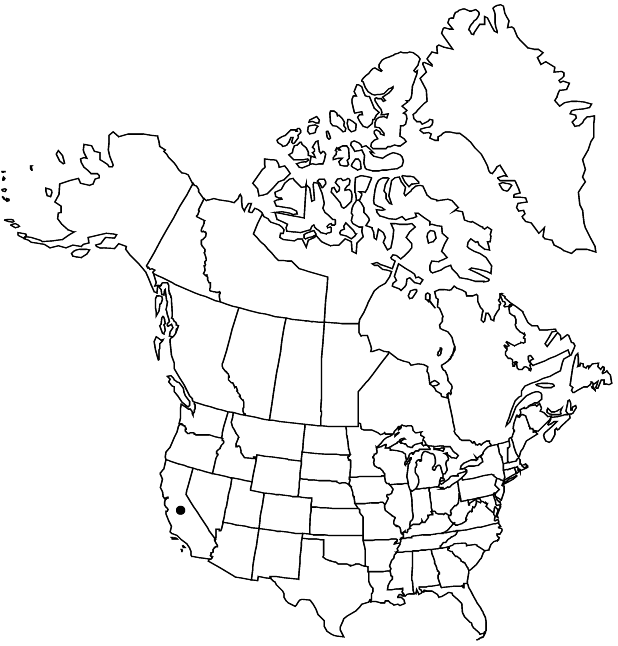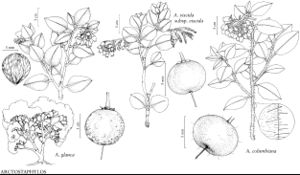Difference between revisions of "Arctostaphylos glauca"
Edwards’s Bot. Reg. 21: sub plate 1791. 1835 ,.
FNA>Volume Importer |
FNA>Volume Importer |
||
| Line 11: | Line 11: | ||
|name=Arctostaphylos glauca var. puberula | |name=Arctostaphylos glauca var. puberula | ||
|authority=J. T. Howell | |authority=J. T. Howell | ||
| + | |rank=variety | ||
}} | }} | ||
|hierarchy=Ericaceae;Ericaceae subfam. Arbutoideae;Arctostaphylos;Arctostaphylos glauca | |hierarchy=Ericaceae;Ericaceae subfam. Arbutoideae;Arctostaphylos;Arctostaphylos glauca | ||
| Line 35: | Line 36: | ||
-->{{#Taxon: | -->{{#Taxon: | ||
name=Arctostaphylos glauca | name=Arctostaphylos glauca | ||
| − | |||
|authority=Lindley | |authority=Lindley | ||
|rank=species | |rank=species | ||
| Line 50: | Line 50: | ||
|publication year= | |publication year= | ||
|special status= | |special status= | ||
| − | |source xml=https://jpend@bitbucket.org/aafc-mbb/fna-data-curation.git/src/ | + | |source xml=https://jpend@bitbucket.org/aafc-mbb/fna-data-curation.git/src/f50eec43f223ca0e34566be0b046453a0960e173/coarse_grained_fna_xml/V8/V8_796.xml |
|subfamily=Ericaceae subfam. Arbutoideae | |subfamily=Ericaceae subfam. Arbutoideae | ||
|genus=Arctostaphylos | |genus=Arctostaphylos | ||
Revision as of 22:31, 16 December 2019
Shrubs or trees, erect, mound-forming, 1–8 m; burl absent; twigs usually glabrous, sometimes short-hairy or glandular-hairy. Leaves: petiole 7–15 mm; blade white-glaucous, dull, oblong-ovate to ± orbiculate, 2.5–5 × 2–4 cm, base rounded, truncate, or slightly lobed, margins entire, plane, surfaces smooth, glabrous. Inflorescences panicles, 4–8-branched; immature inflorescence pendent, branches spreading, axis 2–3 cm, 1+ mm diam., usually glabrous, sometimes short-hairy or glandular-hairy; bracts not appressed, (spreading), scalelike, deltate, 3–6 mm, (fleshy), apex mucronate, surfaces glabrous; (buds exposed). Pedicels 8–10 mm, finely glandular-hairy. Flowers: corolla white, conic to urceolate; ovary densely glandular-viscid. Fruits globose, 12–15 mm diam., glabrous, (viscid). Stones connate into single sphere. 2n = 26.
Phenology: Flowering winter–early spring.
Habitat: Rocky slopes, chaparral, woodlands
Elevation: 300-2200 m
Distribution

Calif., Mexico (Baja California).
Discussion
Arctostaphylos glauca is widespread, occurring from Mount Diablo in central California through the southern Coast Ranges, east through the Transverse Ranges into the desert, and south in the Peninsular Ranges into northern Baja California, usually in drier interior ranges. It is distinctive throughout its range; however, some populations have nonglandular twig puberulence and others are stipitate-glandular, often mixed in with individuals that are typically glabrous. Arctostaphylos glauca can be a component of chaparral and can also be found in woodlands and at the edges of grasslands.
Selected References
None.
